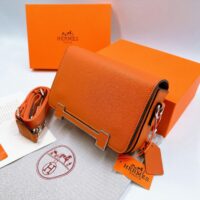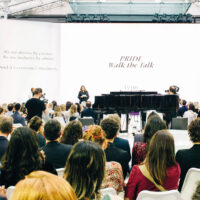Exclusivity, originality and authenticity: how non-fungibility aligns with the luxury code
NFTs – part of the Ethereum blockchain and a cryptocurrency similar to bitcoin – can be understood as a bitcoin – a fungible object – that can be “undressed”, explained Michael del Castillo, Forbes Editor for Blockchain and cryptocurrencies.
“Keep the interior blockchain the same and then put something new over the top; a piece of artwork, a song, a digital shoe […] You can start to see how that asset moving hands accomplishes something similar.
“The first generation of crypto assets were all fungible tokens – they had the same value. With luxury, fungibility is not what you want. You want exclusivity which is in a sense the opposite. With a non-fungible token, every single one is different or at least rare.”
In addition, in a world in which you can copy and paste objects with a couple of key strokes, the ability to prove something digital was original, which blockchain delivered, was enormous. The same principles were then applied to non-fungible assets, he explained.
CEO of Jacob & Co, Benjamin Arabov, who was instrumental in bringing the first digital NFT to launch in the luxury watch space, said NFTs could be a lure for the luxury market by boosting authenticity, one of the sector’s major values.
“The potential for NFTs in the luxury space is significant and will play a healthy role in the luxury space: consumers have a digital copy of what they are purchasing – a record of authenticity – which also allows them to track how the product might have been switching hands in the secondary or grey markets. Luxury goods are currently not tracked,” he said.






 Audio available
Audio available

